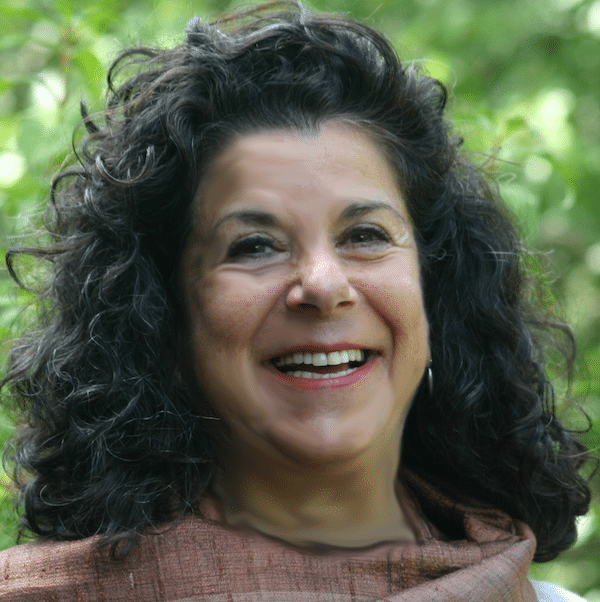The interest in nutrition for maintaining health and well being is on everyone’s mind these days. As the body of research grows along with information, there is also much confusion and many theories and beliefs about what a healthy nutrition plan actually looks like. Is it the same for everyone? Nutrition is a complex science and yet the basics keep reconnecting us to nature and our ancestral diets.
Here is what we do know: Nutrition, along with a healthy environment and lifestyle has a profound influence on health and longevity and in preventing disease. Through an evolutionary and cultural perspective, our modern day food supply has been dramatically altered although our nutrient needs have not changed. The human diet has remained constant for thousands of years. It has become common knowledge that foods produced today are processed and denatured, depleted of nutrients, and often contain toxic chemicals including additives, preservatives, pesticides, and many other residues.
At the same time, food and nutrients are no longer viewed merely as providing substances whose absence would produce disease, but as having a positive impact on an individual’s health, physical performance, healthy aging, state of mind, and daily quality of life.
It is well understood that nutrition and dietary habits play a central role in almost all chronic health problems seen today as well as common symptoms including inflammation and pain, digestive and gastrointestinal disturbances, and allergies, to name a few. The changes to our food supply contribute to a rising number of health problems throughout the life cycle including learning disabilities, obesity, diabetes, atherosclerosis, heart disease, hypertension, immune and autoimmune diseases and various cancers. An individual’s metabolism, environment, genetics, culture, economics, emotional health, and life stressors all play a role in maintaining health and in disease prevention.
Over time, our Standard American Diet (SAD), void of nutrients, can fuel nutritional deficiencies, create disharmony within the cellular structure, and diminish energy exchange within the cell, all essential for healthy cell signaling and healthy cell function. Overt symptoms of nutrient deficiency are the result of a long chain of reactions in the body. Many factors influence our increase demand for energy including stress, illness, and all healing processes.
As nurses, we understand that life depends on an energy flow system and cells must live in harmony in the extra cellular environment. Nurses know that our stressors, our thoughts, our relationships, our environment, and our food all impact our health and quality of life.
How we eat becomes as important as what we eat.
As nurses, often working long hours, we eat meals on the run, foods of little nutrient value (prepared and fast foods), and reward ourselves with comfort foods. How can this contribute to digestive problems, immune system challenges, low energy, hormone imbalances, and mood changes?
In an Integrative Nurse Coach model, in preparation for changing food habits and behaviors, it is essential to begin by increasing one’s self awareness. You can begin exploring your relationship to food and nutrition using the following Nutrition Self Care reflection.
Create a Food Journal and in a quiet moment, ask yourself:
- Do my food choices support my health and well being?
- How does what I eat affect how I feel?
- What is the meaning of food in my life?
- What does my body need to enhance my energy and vitality?
- Reflecting on my eating patterns and choices, what do I want to change?
- What are my activity levels, and how should I include foods that meet my needs?
- How do I need to plan for psychological and emotional factors?
- What factors, unique to me, influence my food planning and food choices?
I challenge you to become more aware of your food choices and preferences as you plan a day’s/week’s menu over the next month.
Luck, Susan, Nutritional Healing (2013) In B.M. Dossey & L. Keegan, Holistic Nursing: A Handbook for Practice (6thed.), (pp.261-292). Burlington, MA: Jones & Bartlett Learning.

As Co-Founder of the International Nurse Coach Association for over a decade, Susan has been teaching and developing coaching program and currently through the Integrative Nurse Coach® Academy. She is Board Certified in Health and Wellness Coaching, Holistic Nursing, and Clinical Nutrition. Susan has authored several chapters on Nutrition and Environmental Health for Holistic Nursing, Integrative Nursing, and Nurse Leadership textbooks. She has co-authored Nurse Coaching and Self-Assessment chapters in; Holistic Nursing: A Handbook for Practice, 7th edition (2015-2020) and is co-author of the award winning book (ANA Gold Seal, 2015) Nurse Coaching: Integrative Approaches for Health and Wellbeing (2015) and The Art and Science of Nurse Coaching, an ANA Publication (2013), that led the way to establishing the standards for practice in the emerging Nurse Coach role. For the past 20 years, she has been the Nurse Coach and Nutrition consultant for Special Immunology Services at Mercy Hospital in Miami and is currently the Director of Nurse Coaching at Rezilir Health in Hollywood, Florida. Susan continues to integrate lifestyle health and wellness education into diverse communities, bringing her expertise and passion as a nurse, clinical nutritionist, and medical anthropologist. She has developed and implemented integrative health initiatives for diverse community organizations including the Yellow Courtyard, Integrative Health Symposium, Urban Zen, New York Open Center, The Lower East Side Girls Club, Kripalu, Omega Institute, and the University of Miami and Florida Atlantic University. As a concerned global citizen, Susan is the founder and education director of the Earthrose Institute, a not-for-profit organization dedicated to environmental health education and advocacy. She maintains a private practice as an Integrative Nurse Coach® with a focus on nutrition and the environment.
- Susan Luck (1948-2022)
- Susan Luck (1948-2022)
- Susan Luck (1948-2022)
- Susan Luck (1948-2022)






